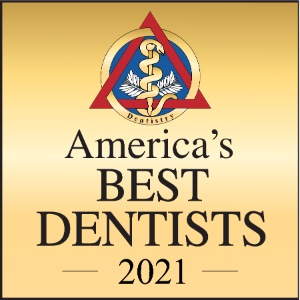Why it’s Important
Understanding Dry Mouth: Causes and Treatments
Dry mouth, also known as xerostomia, happens when your mouth doesn’t produce enough saliva or the flow slows down. Since saliva is crucial for digestion and keeping your mouth healthy, not having enough can lead to some serious problems.
Your mouth has three major pairs of salivary glands, plus hundreds of smaller ones, that together produce about 2-4 pints of saliva every day. Made up of 99% water and 1% electrolytes, enzymes, and proteins, saliva constantly washes over your teeth and gums, protecting them from bacteria, tooth decay, and gum disease. Saliva also helps keep your mouth moist and comfortable, making it easier to chew, taste, and swallow food.
When there’s not enough saliva, it can make basic oral functions tougher and allow more germs to grow in your mouth. This can lead to bad breath, cavities, gum disease, and an increased risk of oral infections.
Common Causes of Dry Mouth
- Age: Older adults often experience dry mouth.
- Medications: Many medications list dry mouth as a side effect.
- Health Conditions: Certain diseases can cause dry mouth.
- Cancer Treatments: Radiation or chemotherapy can reduce saliva production.
- Injury or Surgery: Damage to salivary glands can result in dry mouth.
- Tobacco Use: Smoking or chewing tobacco can lead to dry mouth.
- Dehydration: Not drinking enough water can cause dry mouth.
How to Treat Dry Mouth
Treating dry mouth depends on what’s causing it. If a specific medication is to blame, your doctor might be able to switch you to a different one. Sometimes, medications that stimulate saliva production can help. If those don’t work, you might need to use artificial saliva to keep your mouth moist. Your dentist may also recommend a fluoride gel to protect against cavities.
There are also a few things you can do to ease dry mouth on your own. Drinking water frequently, avoiding drinks with caffeine or alcohol, and chewing sugarless gum or sucking on sugar-free candy can all help stimulate saliva flow. And with dry mouth, it’s crucial to see your dentist regularly to keep any potential issues in check.







